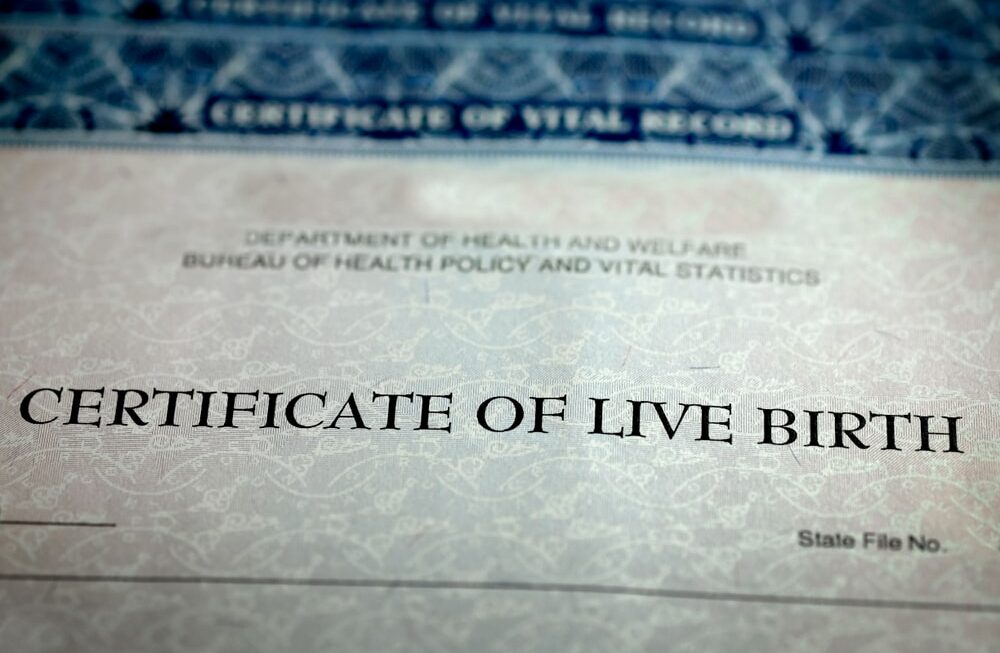When a child is born, it has two biological parents. Regardless of the legal status of those parents – whether they’re married or not – birth certificates have spaces for both a mother and a father’s name. While the mother’s name is placed automatically on a baby’s birth certificate, the father’s name may not be, if the parents are not married.
In some cases, a mother may elect not to include the father’s name on the child’s birth certificate. There are many reasons for this, and each has various benefits and drawbacks. Even if a mother chooses to place the father’s name on the birth certificate, though, simply naming the father does not establish legal paternity in the state of Florida. In fact, having the father’s name on the birth certificate establishes no legal rights for the father. Instead, paternity for an unmarried father must be established by the court.
Here’s what you need to know about establishing legal paternity for your child, and the benefits of doing so.
How to Establish Legal Paternity for the Child
In Florida, paternity must be established by the court if the parents are unmarried when the child is born. If paternity has not been established for the child, parents can secure it via a legal order. In the state of Florida, there are a few options for establishing paternity:
1.) If the parents are married when the child is born, paternity is established automatically.
2.) If parents are unmarried when the child is born, paternity must be established in court, with both parents voluntarily participating, or even when one parent refuses to participate. An acknowledgment by the father can be sufficient to establish paternity; a DNA test is not always required.
3.) If the parents are unmarried when the child is born, but marry at a later date, paternity can be established by the marriage of the parents.
The Benefits of Legal Paternity
Establishing legal paternity affords the following benefits for the unmarried father and the minor child:
- Timesharing with the child. Generally, when paternity is established, a time-sharing schedule is ordered by the Court, without which a father has no legal right to any timesharing with the child.
- Child support will be established and the father will begin receiving credit for his payments rather than risking incurring child support arrearages.
- The father will have access to the child’s medical information and history, and school records.
- The child will have access to the father’s health and/or life insurance, as well as Social Security or Veteran’s benefits, Military allowances, and inheritances.
In Florida, legal paternity is established when a child is born to married parents. If the parents are unmarried, however, and they want the child to have access to the above benefits, the parents must establish paternity through the courts.
Hire a Custody Lawyer to Help You Establish Paternity
If you haven’t yet established legal paternity for your child, you can do so in the months and years following the child’s birth. It’s critical, though, to hire a family law attorney to help you.
The laws surrounding paternity in Pensacola are complicated, and a lawyer will walk you through the process from start to finish, ensuring the best possible outcome for you and your family.
Here at MGM Law, P.A., we can help you establish legal paternity, and secure all the benefits of that standing for your child. Contact us today to learn more.




